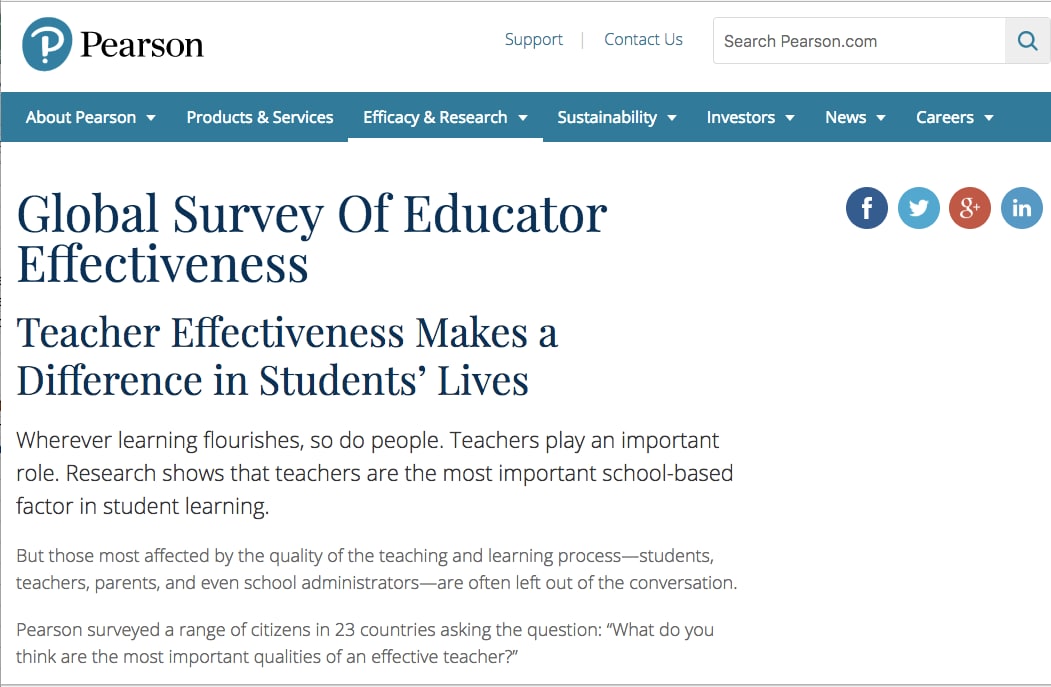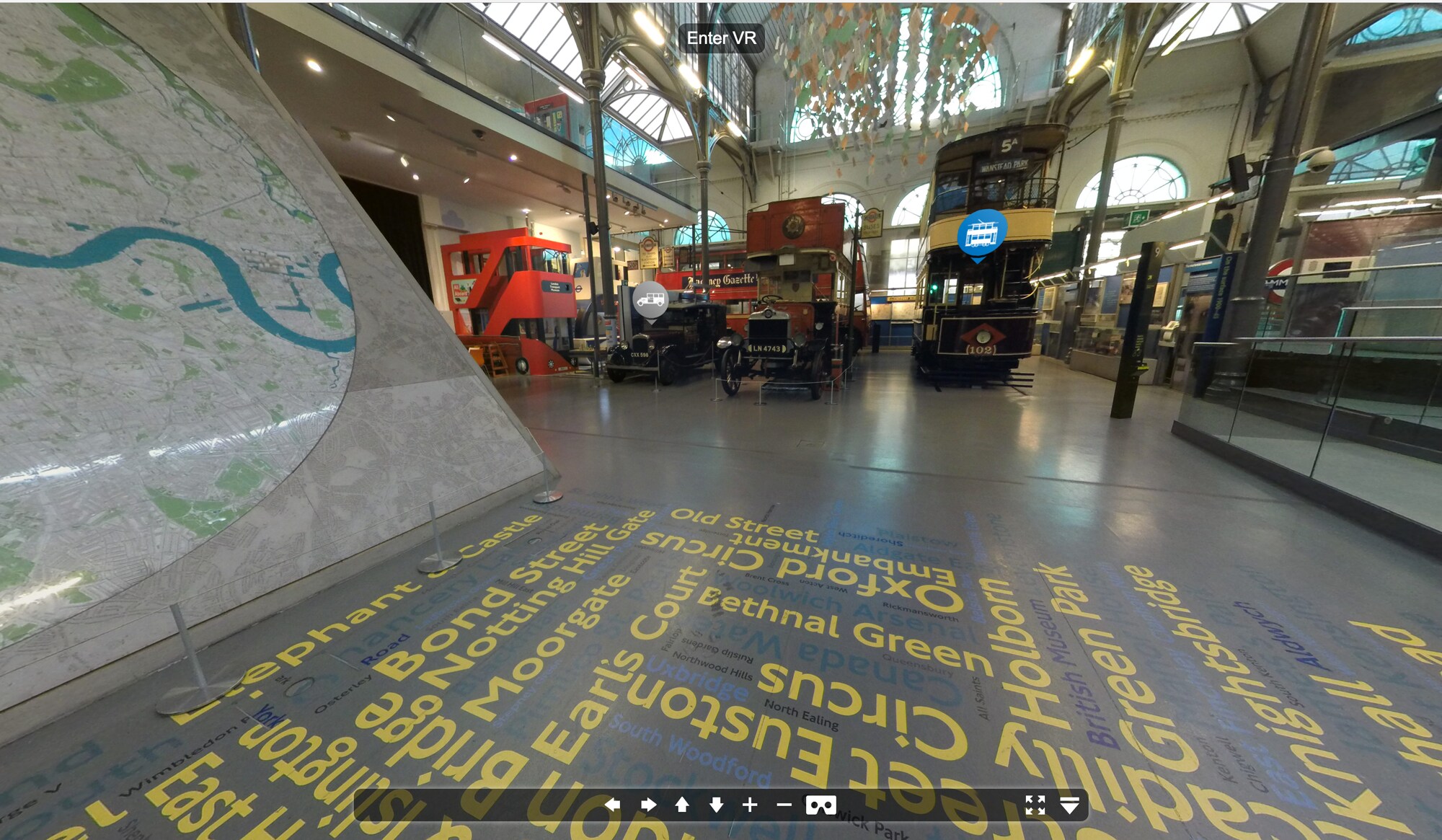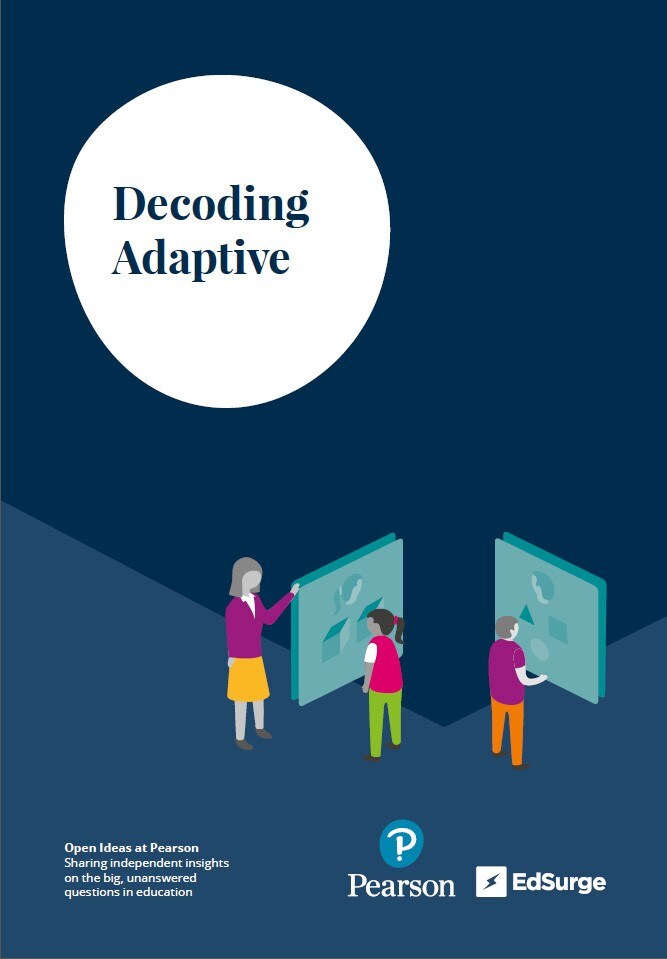Pearson calls on UAE students to prepare for the English Language test
by
Dubai, UAE – Pearson Middle East, today called on high school students in the UAE and across the region to take the PTE Academic test, ahead of September’s intake of applications to universities overseas.
PTE Academic offers high school students looking to study abroad with a fast, convenient and effective way to demonstrate improvement in their English language skills, an essential component for university success. Students can book up to 24 hours in advance and the test itself only takes a maximum of three hours.
Karim Daoud, Managing Director at Pearson Middle East commented, “Every year, a lot of students from this region aspire to go abroad for higher studies. If the English language is not their first language, they will need a recognised English language qualification to be accepted, and we are proud to offer PTE Academic, as the English language test trusted by leading universities, colleges and governments around the world including Harvard Business School, INSEAD and Yale.”
PTE Academic is the market leader in computer-based English language testing and is scored using Pearson’s automated scoring technology. This consistent standard of marking ensures that all test takers are scored accurately, objectively and consistently, no matter where the test is taken. Moreover, all test centres are equipped with state-of-the-art digital biometrics incorporating palm-scanning, digital signatures, secure paperless results, randomised test formats and CCTV.
The test is based on academically relevant tasks and includes non-native English accents to address the diverse demographic residing in the UAE and region. Results are delivered almost instantly within 2-5 business days, providing test takers with the option to send their scores to as many institutions as they like without any additional charges.
PTE Academic is widely accepted by an increasing number of universities worldwide (covering such popular destinations as USA, Canada, UK and Australia), including professional associations and prestigious institutions such as Harvard Business School, INSEAD and Yale. It is also accepted for immigration purposes by the Australian and New Zealand governments.
Within the UAE, increasing numbers of top universities are also accepting PTE Academic, examples include the University of Wollongong, Middlesex University in Dubai and United Arab Emirates University.
Online and offline modules are available on www.pearsonpte.com and include the Official Guide to PTE Academic course book and an extensive range of videos, tips, and other resources available to support self-study. The website also hosts an interactive three-hour mock exam that is scored on completion to provide test-takers with a realistic indication of their results. Furthermore, Pearson has partnered with several online preparation providers to help test takers get ready for exam day.
Students across the UAE can take the PTE Academic at any of the three test centres in the UAE, two of which are in Dubai and one in Abu Dhabi. Worldwide, PTE Academic test sessions are run in over 50 countries. More information on the tests can be found at www.pearsonpte.com
About Pearson Middle East:
Pearson is the world’s learning company, with expertise in educational courseware and assessment, and a range of teaching and learning services powered by technology. Pearson’s mission is to help people make progress through access to better learning. The company believes that learning opens up opportunities, creating fulfilling careers and better lives.
In the Middle East, Pearson has offices in Dubai (UAE), Riyadh (Saudi Arabia), Cairo (Egypt), Istanbul (Turkey) and operates through partners and representatives in all other countries. Being Pearson’s regional headquarters since 1998, the Dubai office will celebrate its 20th anniversary this September, making Pearson one of the oldest global publishers in the Middle East. For more visit middleeast.pearson.com
Online Coverage
Mena Herald | dotemirates | Trade Arabia | GDN Online
read more






